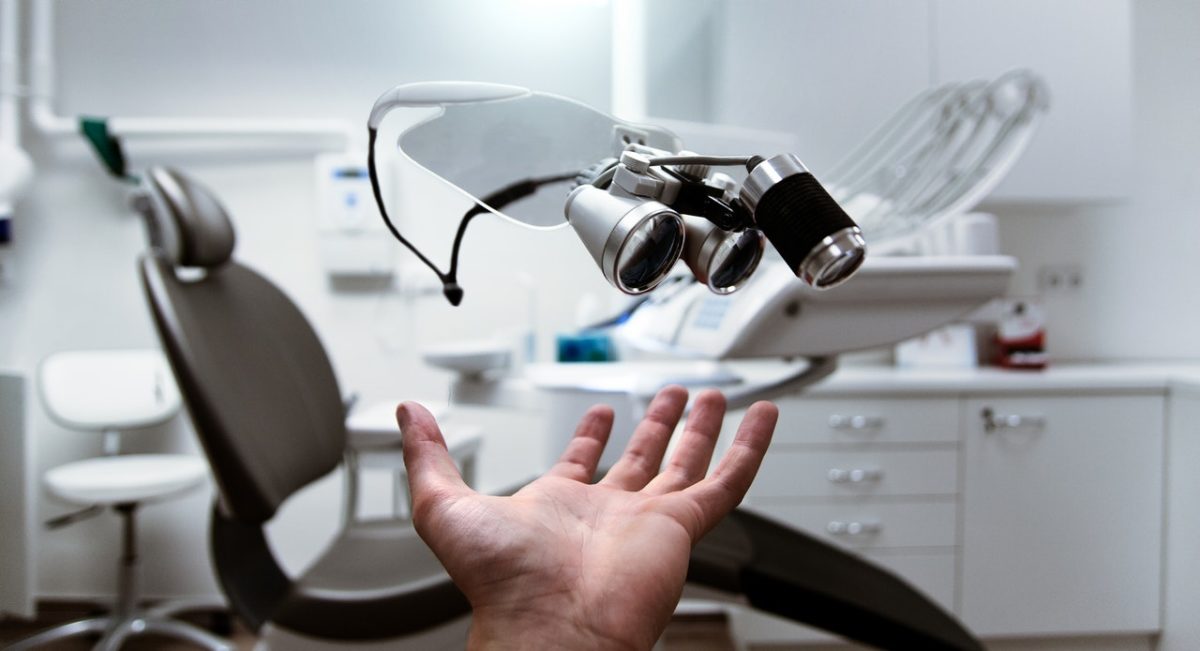An article featured in Dental Economics back in February painted an interesting picture of the relationship between a solo dental practitioner and his / her accountant.
Naturally, as a group of Dental Accountants, we figured our Founder Dan Cook might have something to say about it. You can see the whole article here.
Essentially, the article talks about purchasing new equipment and technology. The author is a dentist himself, and cautions his audience to be hesitant when taking advice from an accountant about a major equipment or new technology purchase.
At one point the author says: “As dentists, we often ask our accountants for permission to buy something and take their advice in isolation, but this can be misleading. They have no idea what a Solea laser or other technology will do for your patients or revenues. To them, it is simply an asset and a liability that they have to account for on your balance sheet.”
Dan’s response:
My overall reaction to the article is that he paints a very limited role for his accountant – and correspondingly has a very limited opinion of the accountant. This may be the relationship that many dentists, and business owners for that matter, have with their accountants. They give the accountant limited information, see the accountant’s role in their decision-making as limited, and most of the time do not follow the accountant’s advice. They are painting the accountant into a corner, defining a limited role for the accountant.
He makes several other comments that just are not good advice – such as “Just because you have other debts on your books doesn’t mean you shouldn’t add more” and “(Accountants) either hold you back from something that you know would work or they encourage you to get something that you don’t really need” He clearly doesn’t have much respect for accountants which makes me wonder about the whole story.
Dan, having worked with dentists over the past 30 years, has a good point. Trust and competency are extremely important factors in a client / accountant relationship. Trust is earned through communication and mutual respect, and competency on the accountant’s part to not only know the dentist’s balance sheet, but also their professional goals, their personal goals, and the dental industry as a whole. This allows the accountant to provide custom-tailored advice with those goals at the forefront — which, by the way, then allows the dentist to see how an equipment purchase might factor into that overall picture.
Dan goes onto say:
We have always tried to expand that relationship with our clients. By being specialists in dentistry, we can be a business consultant (despite the author of this article’s insistence otherwise), and we do seek to understand things like how the purchase would help the practice and how the technology purchase will be more than just a shiny new piece of equipment in the dentist’s office.



You must be logged in to leave a reply.